The new National Anthem of Romania, "Desteapta-te Romane!" ("Awaken thee, Romanian!") was adopted on January 24, 1990, as soon as the Revolution of December 1989 ended, by a Decree-Law of the Council of the National Salvation Front (CFSN), shows the volume "Istoria Romaniei in date/The History of Romania in Dates" (Encyclopedic Publishing House, 2003).
The lyrics of the national anthem "Desteapta-te Romane!" belong to the poet and publicist Andrei Muresanu. Born on November 16, 1816, in Bistrita, he went to the Saxon school (1825-1826) and the high school of the Piarist order (1827-1832) in Bistrita. Later, he attended, at Blaj, philosophy and theology courses, where he had as teachers Timotei Cipariu and Simion Barnutiu, Transylvanian leaders of the '48 revolution. In 1838, his colleague and friend George Baritiu called him to Brasov, where he was a schoolmaster at the Romanian school led by the former, then a high school teacher (until 1849), according to the "General Dictionary of Romanian Literature" (Encyclopedic Universe Publishing House, 2005) .
He participated in the 1848 Revolution in Transylvania and crossed into Muntenia, after its defeat, together with Baritiu. After returning to Sibiu, he was appointed clerk and translator at the official bulletin of the government.
Andrei Muresanu started with lyrics, being influenced by the French romantic poetry (Lamartine, first of all), but also by the poets from the Principalities (Cezar Bolliac, Grigore Alexandrescu, I. Heliade-Radulescu). He collaborated with Gazeta de Transilvania ("Transylvanian Gazette") and "Foaie pentru minte, inimă şi literatura" ("The Sheet for the mind, heart and literature") newspapers. Along with poems signed by Sereteanu and Urziceanu or, more frequently, the hermit from the Carpathians, he published articles, stories, fables in verses, some elaborated after Schiller, Wieland, Burger, Herder, M.G. Saphir or Kisfaludy, most of them collected from foreign magazines, without indicating the author. Several fragments from Young's "Nights" transposed late in life appeared posthumously. For the education of children he translated from German "The icon of evil growth with means to make it even worse", after Chr. F. Salzman and Karl Han (1848). He collaborated with articles at the "Romanian Telegraph" in Sibiu, and in 1862 he collected his lyrics in a single volume, "Some Poems of Andreiu Muresanu", which was awarded by Astra.
He revealed his vocation for social and patriotic poetry after 1843, with "The Voice of a Romanian", and especially in 1848, through the poem "Un Rasunet" ('An echo'), which quickly became a popular anthem. The poetry circulated at the time in manuscript form, being sung by the students of Andrei Muresanu from the Roman-Catholic gymnasium in the City of Brasov.
Many of the Moldavian revolutionaries who took refuge in Sibiu and Brasov, following the smothering of the Moldavian Revolution (March 1848), wrote, among other things, political brochures and manifests that were used as propaganda in various Romanian provinces, trying to rekindle the revolution in the principality, notes the volume "The Romanian Revolution from 1848" (Apostle Stan, Political Publishing House, 1987).
The poet Vasile Alecsandri, in contact with the editors of the sheets from Brasov, with George Baritiu, Andrei and Iacob Muresanu, especially, wrote inspiring lyrics, penetrated by a deep national and patriotic feeling, like the poem "May 15, 1848", signed "A Romanian", written to pay tribute to the Great National Assembly in Blaj from 3/15-5/17 May 1848, as well as another, "To the Romanians" which later became "The Awakening of the Romanian", published in the city of Brasov.
It was against this backdrop that Andrei Muresanu's poem "Un rasunet" appeared, later known under the title "Desteapta-te romane" ("Awaken Thee, Romanian") in no. 25 of June-July (21 June / 3 July) 1848 of the supplement "Foaie pentru minte, inimă şi literatura", edited by George Baritiu:
Awaken thee, Romanian, shake off the deadly slumber
The scourge of inauspicious barbarian tyrannies
And now or never to a bright horizon clamber
It's now or never to the world we readily proclaim
In our veins throbs and ancestry of Roman
And in our hearts for ever we glorify a name
Resounding of battle, the name of gallant Trajan
(...)
Do look imperial shadows, Michael, Stephen, Corvinus
At the Romanian nation, your mighty progeny
With arms like steel and hearts of fire impetuous
It's either free or dead, that's what they all decree.
(...)
Priests, rise the cross, this Christian army's liberating
The word is freedom, no less sacred is the end
We'd rather die in battle, in elevated glory
Than live again enslaved on our ancestral land.
On July 29, 1848, during a popular meeting organized in Ramnicu Valcea, Anton Pann (1796-1854), a well-known poet and folklore collector, together with other "bards", composed "a vocal music with beautiful lyrics set on a a national tone full of triumph and harmony, with which, the zest for homeland has reached the hearts of all citizens." Those "too beautiful lyrics" were Andrei Muresanu's poem "Un rasunet".
The '48 revolutionary Nicolae Balcescu, recalling in the "The Transylvanian Romanian Movement of 1848," the events in which he participated, especially his presence in the camp of Avram Iancu, said that he had been fascinated by the same peasants, who during the day had fought with the enemy, and at night, beside fires, recounted common or past events, singing from whistles, alphorns or bagpipes, and the valleys echoed with "songs of bravery and nationality, especially of that strong and beautiful Marseillaise" of Andrei Muresanu, "Desteapta-te Romane!", sung "right in the middle of the fires and the roars of the cannons," records the same volume.
"Desteapta-te Romane!" ("Awaken thee, Romanian!") was sung during the War of Independence (1877-1878), in the First World War and at the Great Union in 1918. It was also sung in the Second World War. For almost half a century, "Desteapta-te Romane!" was forbidden by the totalitarian regime.
It was sung again during the uprising in Brasov from November 15, 1987 and December 16, 1989, in Timisoara, the city where the Romanian Revolution broke out, alongside "Freedom", "Justice", but also in the following days, in Bucharest and in the entire country.
On January 24, 1990, "Desteapta-te Romane!" was elected the national anthem of Romania, being enshrined in the 1991 Constitution, as amended and supplemented by the Law for the revision of the Constitution of Romania, No. 429/2003. Thus, in its current form, the Constitution provides, through Article 12, that the national anthem is "Desteapta-te Romane!", a national symbol, together with the tricolor flag, the coat of arms of the country and the state seal, the website www.cdep.com informs.
The Day of the National Anthem - "Desteapta-te Romane!" - is celebrated, starting with 1998, on July 29.
POST-REVOLUTION ROMANIA, 1990: `Desteapta-te, romane!`, new National Anthem of Romania
Explorează subiectul
Articole Similare
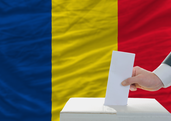
15
U.S. Senator Shaheen: House's Judiciary Committee Report on Romanian elections - erroneous
15

9
Senate amends legislation on combating harassment and violence at work
9
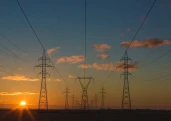
7
Energy Committee chairman: Distribution networks lagging behind economic growth over past three decades
7
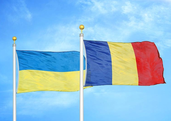
15
Romanian Senate ratifies Romania-Ukraine agreement on emergency mutual aid
15

9
Romania's Ambassador to Bulgaria: David Popovici is a fantastic athlete, a role model for all generations
9
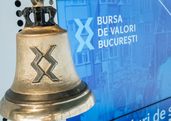
6
BVB stocks close Monday's trading session higher
6

11
Gambling industry's profits cannot be built on the vulnerability of children and young people (PNL's Turcan)
11
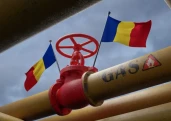
7
EnergMin Ivan: We've finished legislation to ensure gas prices will not increase after March 31
7
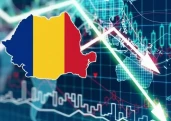
8
AUR Senator Peiu: Romania's current economic difficulties are unrelated to potential European recession
8
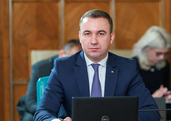
10
Ivan: Interventions at Vidraru Dam were carried out in compliance with all legal provisions
10

14
FRH President: Romania to host three major international handball tournaments in 2026
14
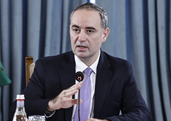
12
FinMin Nazare takes part in Economic and Financial Affairs Council (ECOFIN) meeting, in Brussels
12
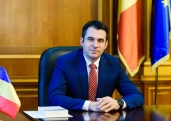
11
USR Senator Palarie: Romania's participation in Washington Peace Council is a good thing
11

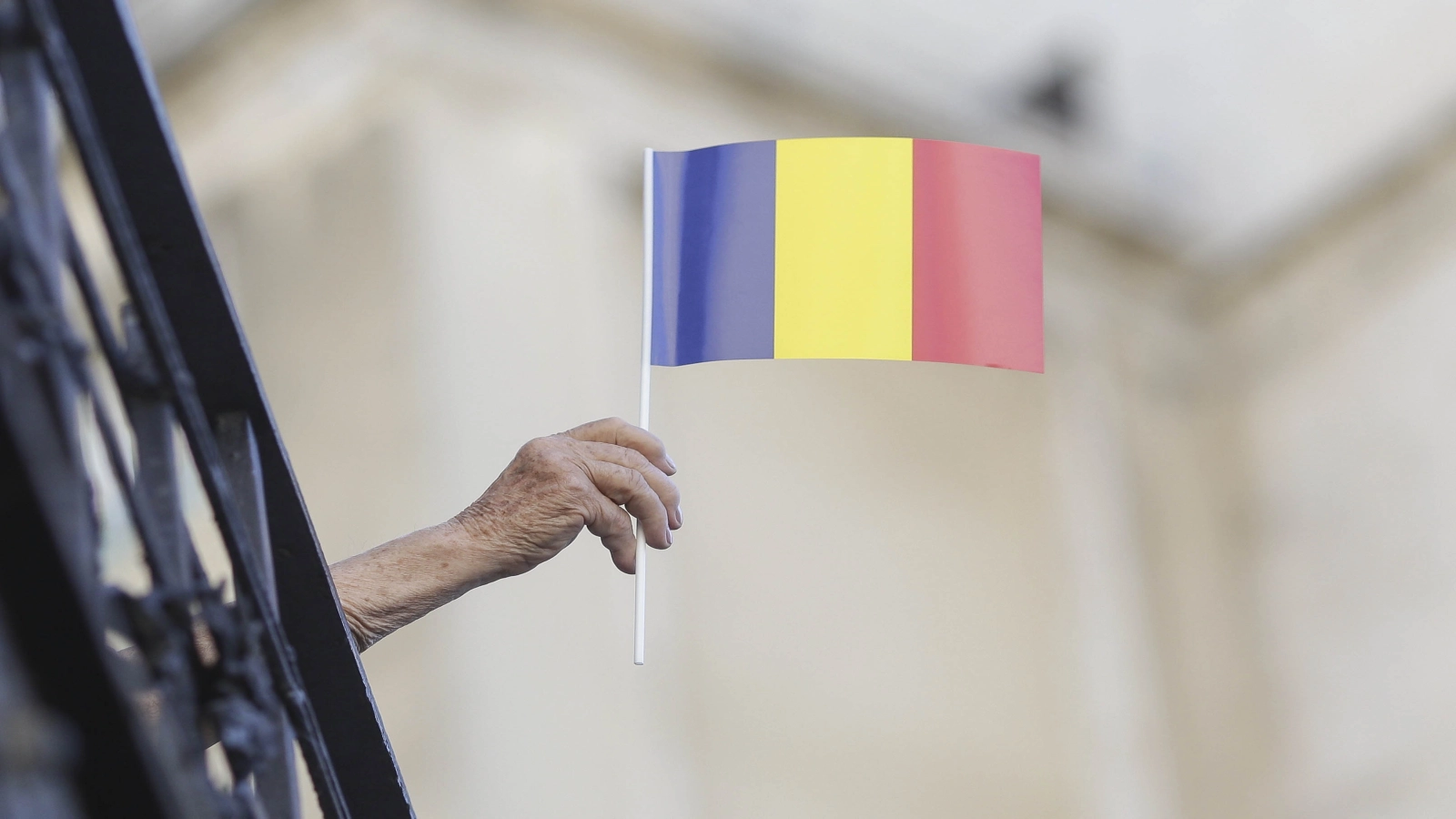


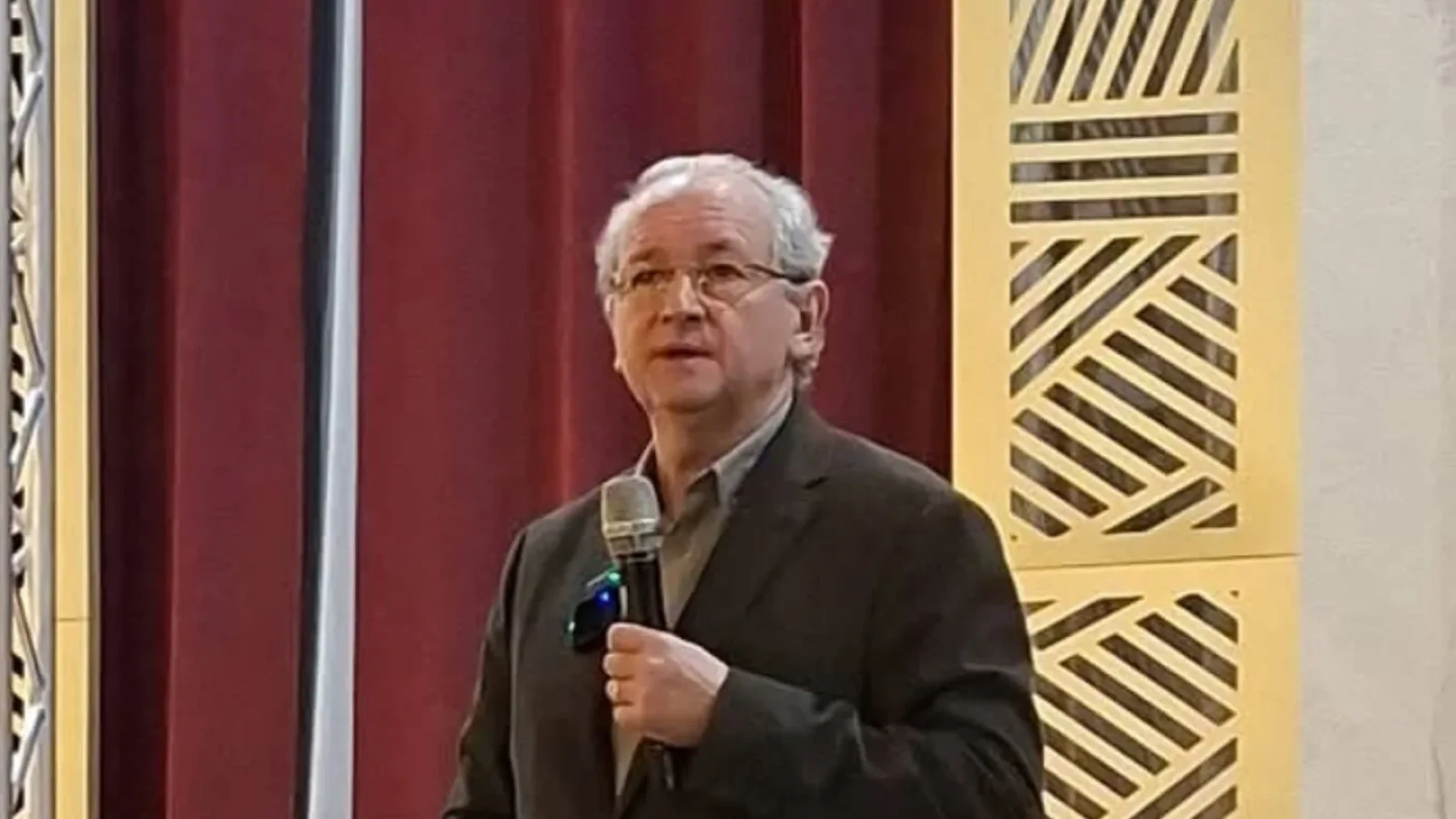




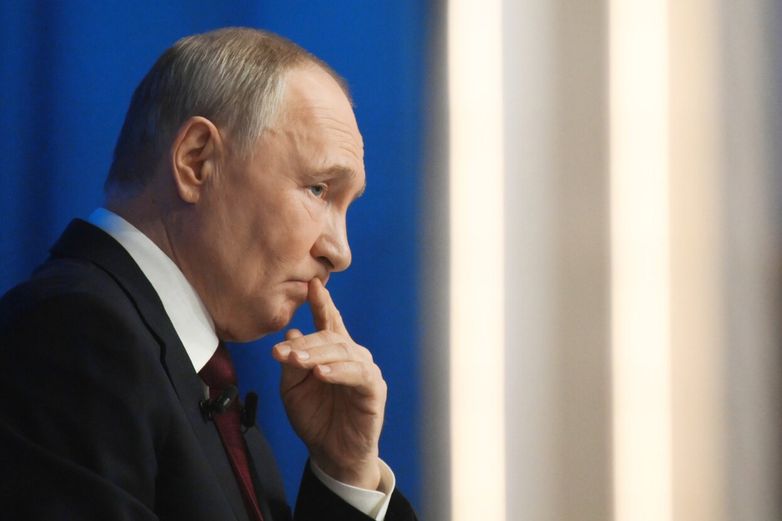

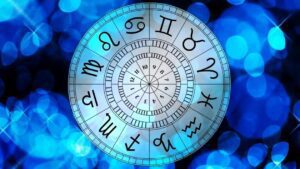



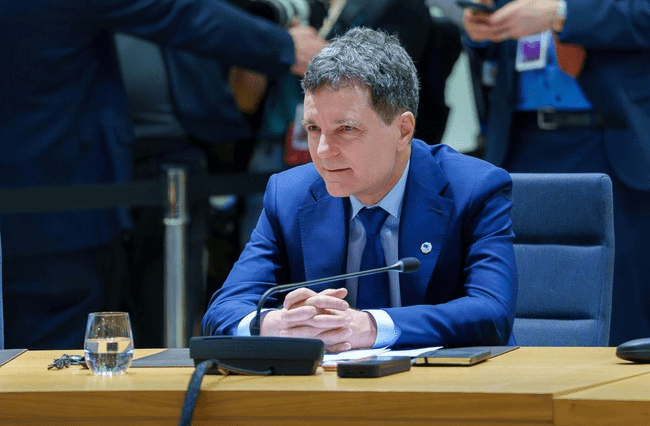



Comentează